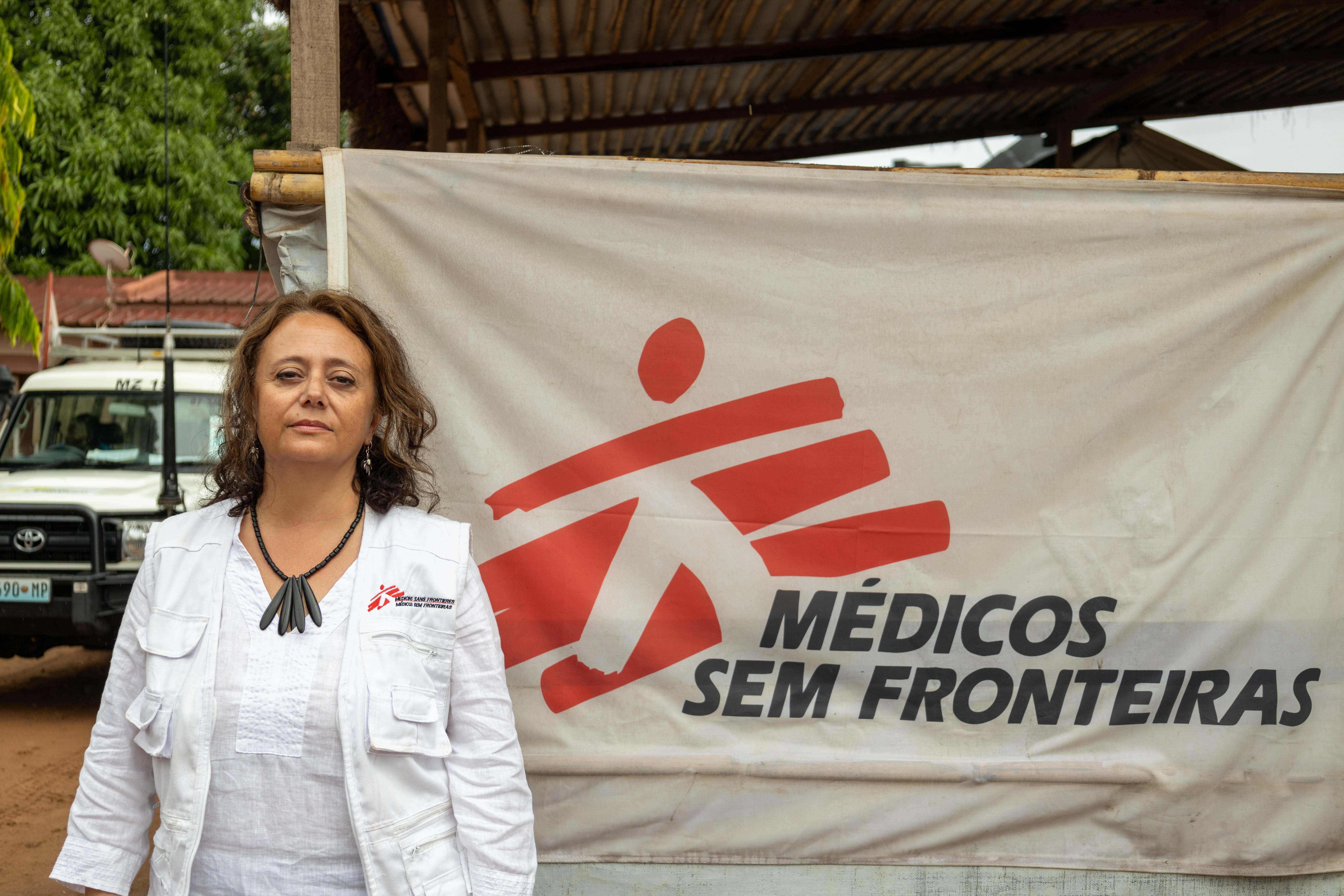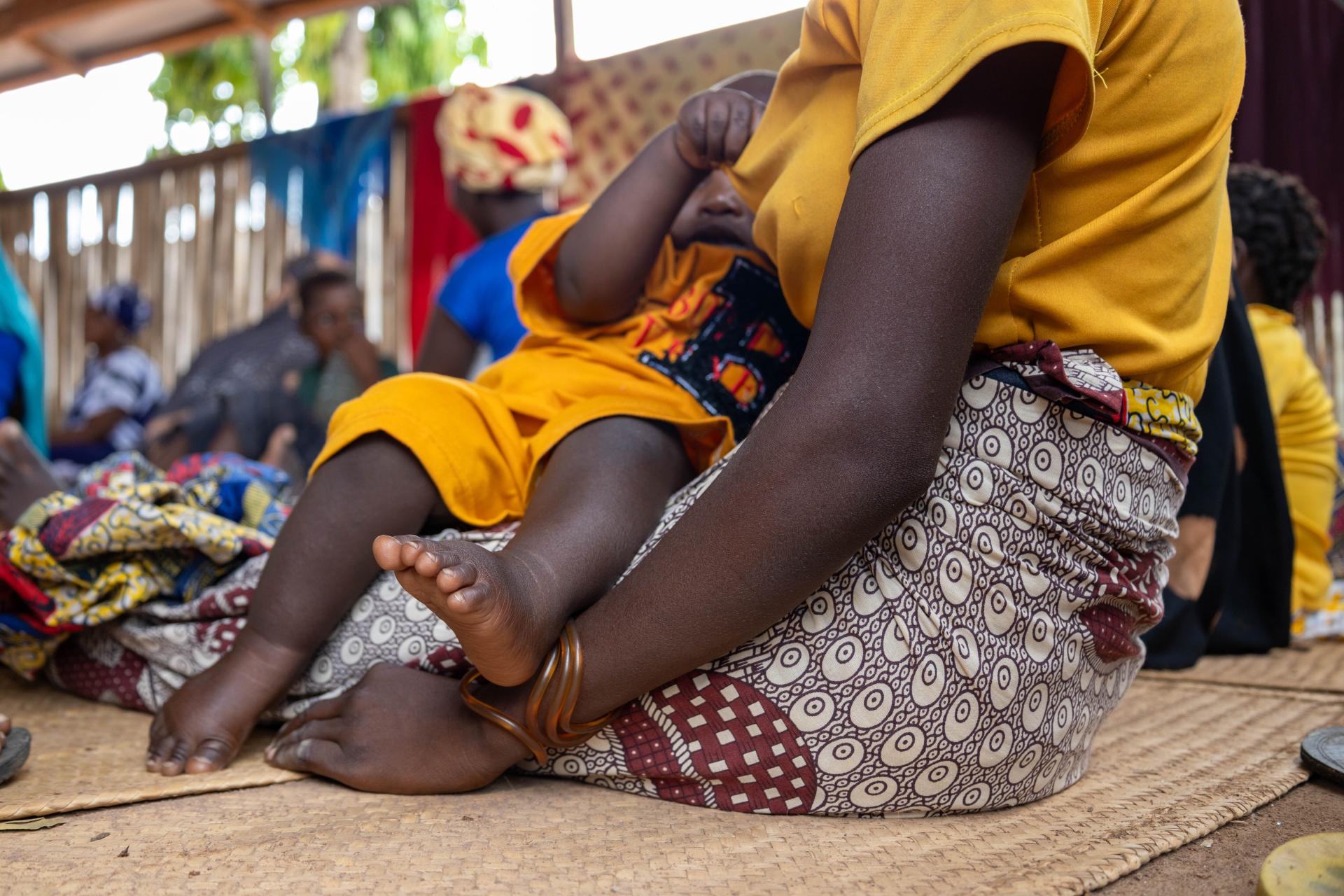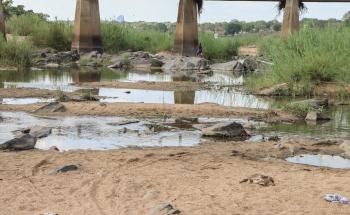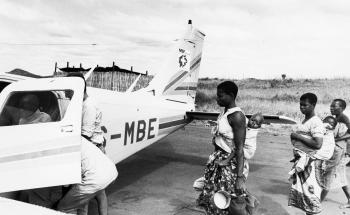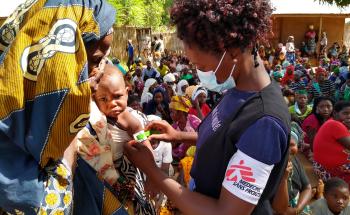“The security situation is still volatile in some districts of Cabo Delgado, and since September, there have been multiple attacks, leaving thousands newly displaced in the districts of Macomia, Mocimboa da Praia, and Muidumbe. Access remains a challenge in some areas of these districts, which have been isolated and without any support over the past few years.
It is premature to talk about stabilisation and life returning to normal in Cabo Delgado – over 600,000 people remain displaced, while 540,000 people previously displaced have returned to their areas of origin. Most have witnessed and experienced extreme violence and were forced to flee multiple times over the last few years. This had a significant impact on the mental health of most families in Cabo Delgado, with many still living in fear.
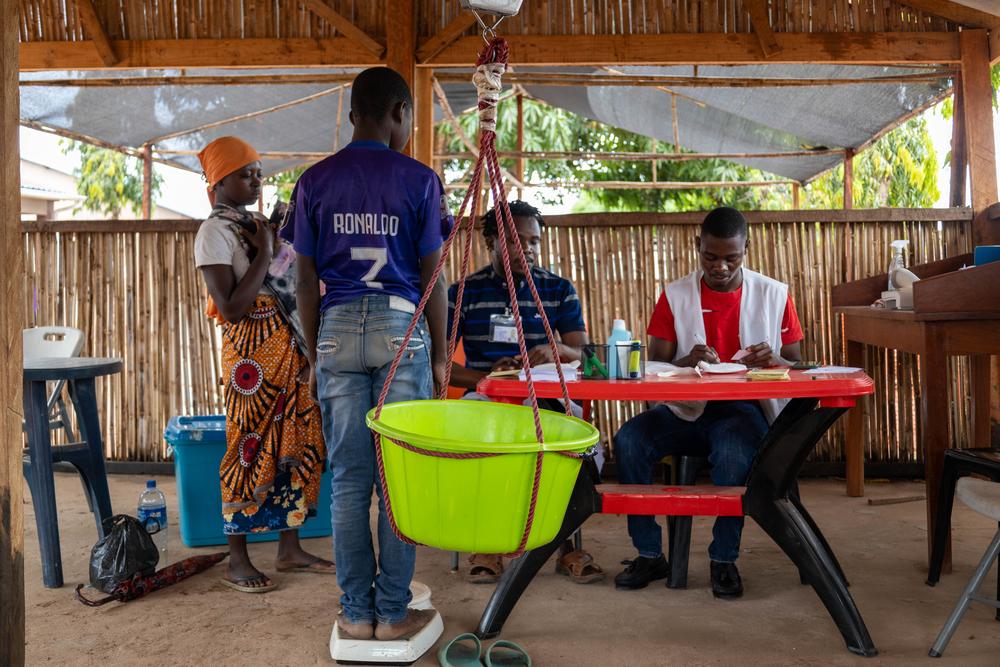
Although previously displaced families have been returning to areas of origin, it does not mean they are and feel safe. Even for those who returned to their areas of origin, many are being forced to flee again. Some 500 families (1,500 people) who had returned in June to their homes in the village of Novo Cabo in Macomia were forcibly displaced in November due to new attacks. They returned to the same displacement site where they had been living for over two years until they tried to return back home in June. MSF has supported them with Non-Food Items (NFIs), water and sanitation interventions, and health and mental health services.
Access to healthcare remains a challenge in areas of displacement and areas of return, as most infrastructure has been and remains destroyed. In Macomia and Mocimboa da Praia, out of 14 health centres, only five are working - one in Macomia and four in Mocimboa.
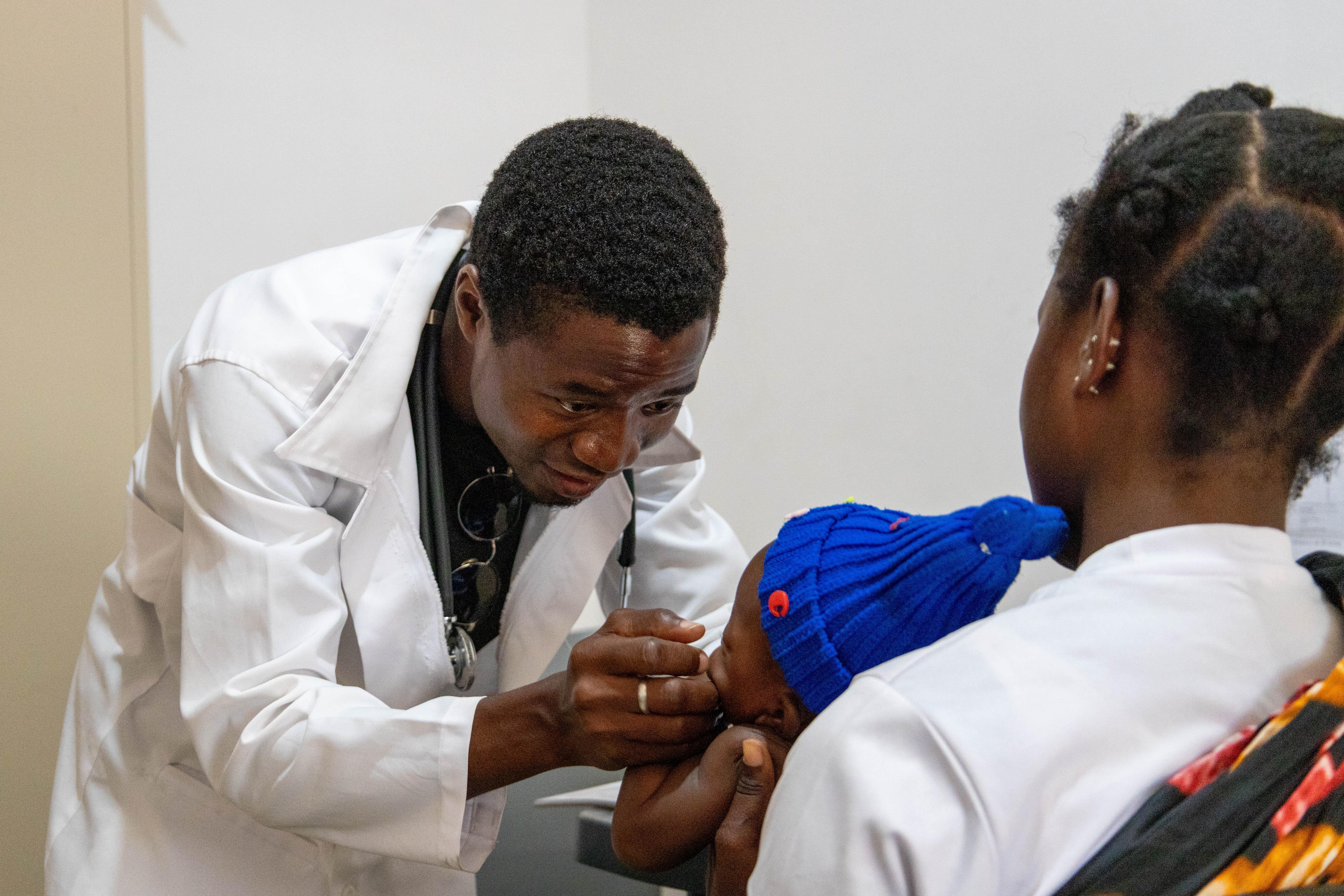
Displaced families and families returning to their villages often have the same needs, as they lost everything they had to this conflict. Most people are still struggling to access food, clean water, shelter, and basic services, including healthcare.
It is imperative to maintain and increase humanitarian assistance to address the immediate and basic needs of thousands of families that remain affected by the conflict in northern Mozambique. At the same time, it is critical to engage in development interventions in the longer term and rehabilitate the health infrastructure destroyed during the conflict.” - Francesa Zuccaro, Deputy Head of Mission in Cabo Delgado, Mozambique.
